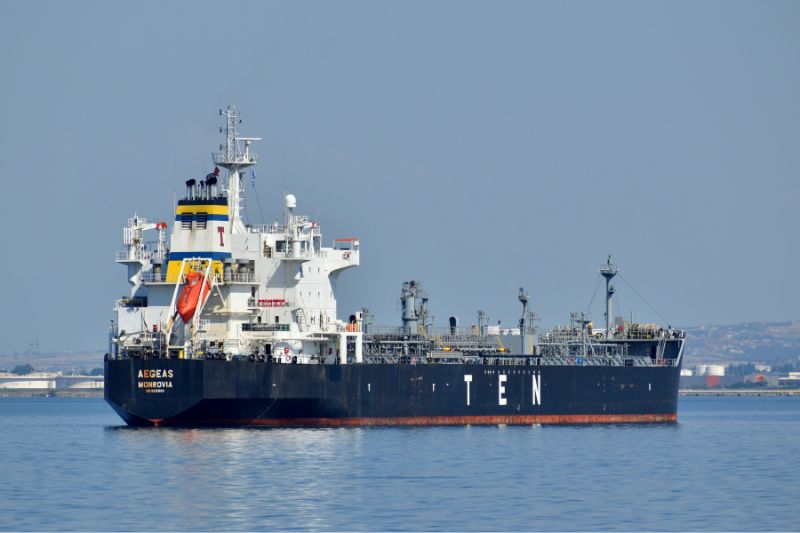No products in the cart.
Changing Your Boat’s Engine Oil: How Often Should You Do It?

Changing your boat’s engine oil is a crucial maintenance task to keep your vessel running smoothly and prevent damage to the engine. The frequency of oil changes for boat engines depends on various factors.
Engine Type and Manufacturer Recommendations
The first and most critical factor to consider is the type of engine in your boat and the manufacturer’s recommendations. Different engines have different oil change intervals, and it’s essential to follow the guidelines provided in the owner’s manual. Manufacturers base their recommendations on extensive testing and engineering specifications for optimal engine performance and longevity of Boat Parts.
For most modern marine engines, oil change intervals typically range from 50 to 100 hours of operation, with the first oil change often recommended after the initial 20 hours of use. However, always consult your specific engine’s manual for precise guidance.
Usage Patterns
The frequency of oil changes can also be influenced by how you use your boat. Consider the following usage patterns.
- Recreational Use – If you primarily use your boat for recreational purposes, and it doesn’t see heavy use, you can likely stick to the manufacturer’s recommended intervals.
- Commercial Use – Boats used for commercial purposes, like fishing charters or transport, often accrue more hours quickly. In such cases, you might need to change the oil more frequently, perhaps every 50 hours or even sooner.
- Seasonal Use – Boats that are used seasonally or infrequently might not accumulate enough hours to justify changing the oil based on time alone. In these cases, it’s often recommended to change the oil at least once a year to prevent oil degradation.
Oil Type and Quality
The type and quality of oil you use can significantly impact how often you need to change it. Boat engines generally require high-quality marine-grade oil designed to withstand the unique conditions.
Synthetic oils, which offer better temperature stability and oxidation resistance, are often recommended for marine engines. They tend to last longer than conventional oils and may allow for slightly extended oil change intervals. However, always consult your owner’s manual and adhere to manufacturer recommendations regarding oil type and change intervals.
Environmental Conditions
The environment in which you operate your boat can affect oil change frequency.
- Saltwater Use – Boats operated in saltwater may require more frequent oil changes due to the corrosive nature of salt. It’s essential to regularly rinse the engine with fresh water and take preventive measures to minimize saltwater exposure.
- Cold Weather Operation – Boating in cold climates can affect oil viscosity. If you use your boat in colder conditions, you might need to change the oil more often to ensure proper lubrication in lower temperatures.
Regular Inspection
Regardless of the recommended oil change interval, it’s crucial to regularly inspect your boat’s engine oil and monitor its condition. The oil should be a clear, amber color. If it becomes discolored, cloudy, or shows signs of contamination, it’s best to change it immediately. Contaminated oil can lead to engine damage.
Professional Maintenance
Consider having a professional marine mechanic or technician perform your oil changes. They can ensure that the job is done correctly and identify any potential issues during the process.
Changing your boat’s engine oil is a vital part of routine maintenance to keep your vessel’s engine running smoothly and prolong its lifespan. Always consult your owner’s manual for precise guidance, and don’t hesitate to seek professional assistance if you’re unsure about the process or timing.















Leave a Reply